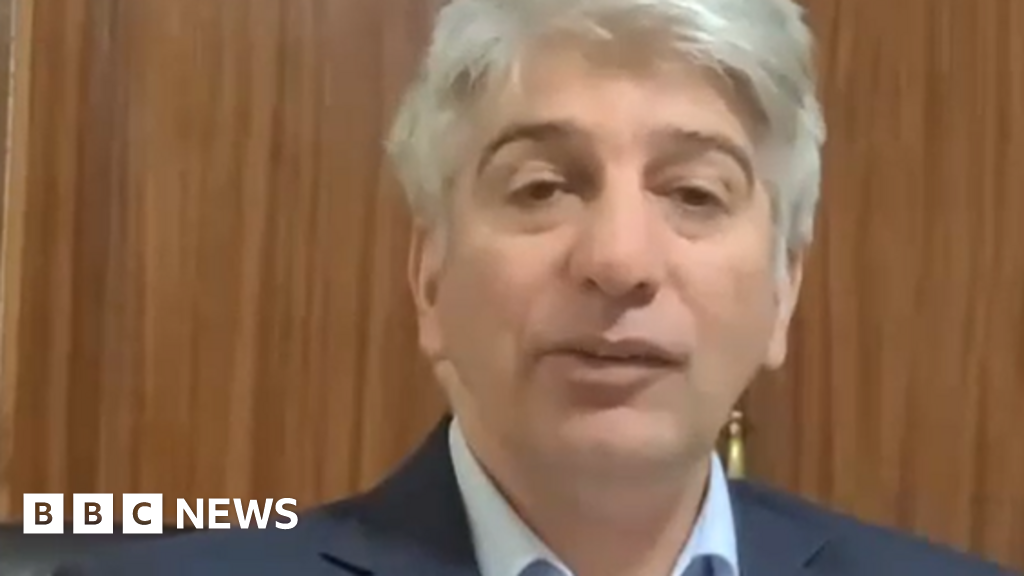He said he was eventually able to convince his alleged abductors that he was a British citizen by showing them a copy of his passport on this phone.
After taking a photo, the men received a call that sounded like it was an instruction to release him, he said.
The masked men, who Mr Seyitoğlu said spoke Swahili, then dropped him off at a place he did not recognise and gave him 1,000 shillings ($7.50; £6) for transport back home, but refused to return his phone and laptop.
During this time, Mr Seyitoğlu said his wife reported him missing, and informed the British High Commission.
Mr Seyitoğlu said six other people he knew – all Turkish citizens – were also abducted in the same manner from different locations in Nairobi.
A local law firm, Mukele & Kakai, said in a statement that it was acting on behalf of four men who were registered refugees and warned airlines against allowing them to be brought on board.
“Our clients were abducted in Kenya with the aim of being deported back to Turkey where they are victims of political victimisation,” the lawyers’ letter, seen by the BBC, said.
This was echoed by the campaign group Amnesty International, whose Kenya spokesman said he was “deeply concerned by reports that seven asylum seekers from Türkiye have been abducted on Kenyan soil”.
The UN’s refugee agency, UNHCR, told the BBC it was “aware of reports and will provide more information once we have it”.
Additional reporting by Natasha Booty

